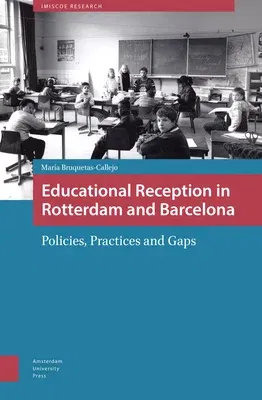Maria Bruquetas Callejo
(Author)Educational Reception in Rotterdam and Barcelona: Policies, Practices and GapsHardcover, 24 October 2014

Temporarily out of stock
Free Delivery
Cash on Delivery
15 Days
Free Returns
Secure Checkout

Part of Series
IMISCOE Research
Part of Series
Amsterdam University Press - Imiscoe Research
Print Length
324 pages
Language
English
Publisher
Amsterdam University Press
Date Published
24 Oct 2014
ISBN-10
9089646442
ISBN-13
9789089646446
Description
Product Details
Author:
Book Format:
Hardcover
Country of Origin:
US
Date Published:
24 October 2014
Dimensions:
23.85 x
16.26 x
1.73 cm
Genre:
Sociological
ISBN-10:
9089646442
ISBN-13:
9789089646446
Language:
English
Location:
Amsterdam
Pages:
324
Publisher:
Weight:
889.04 gm